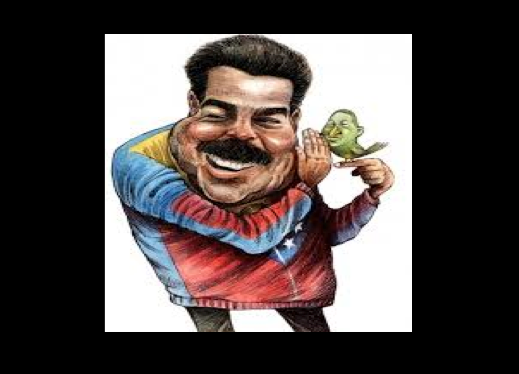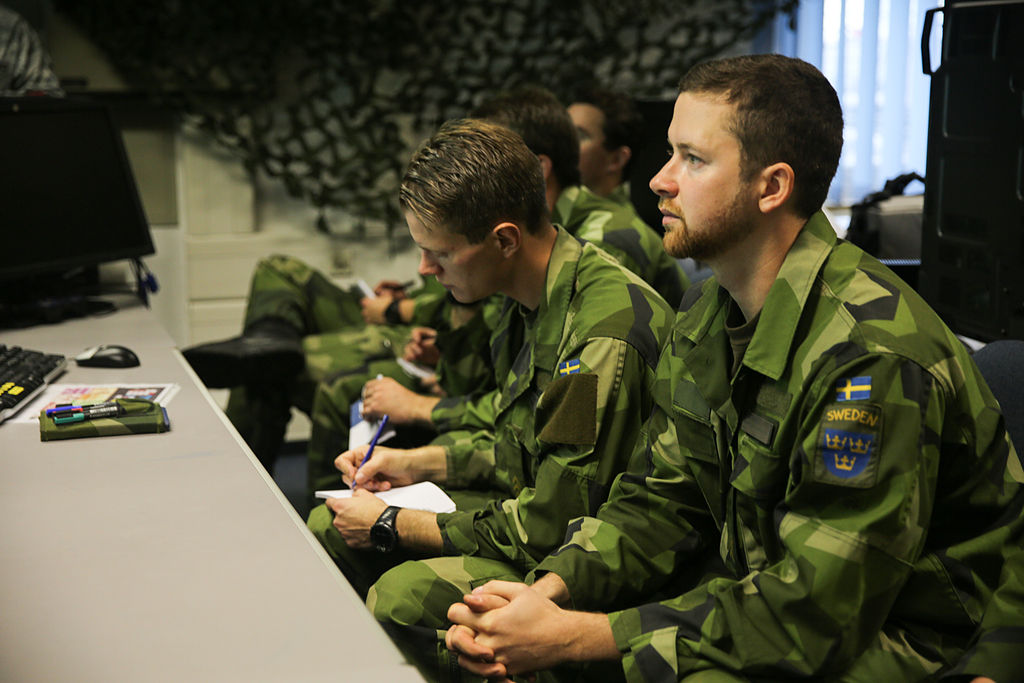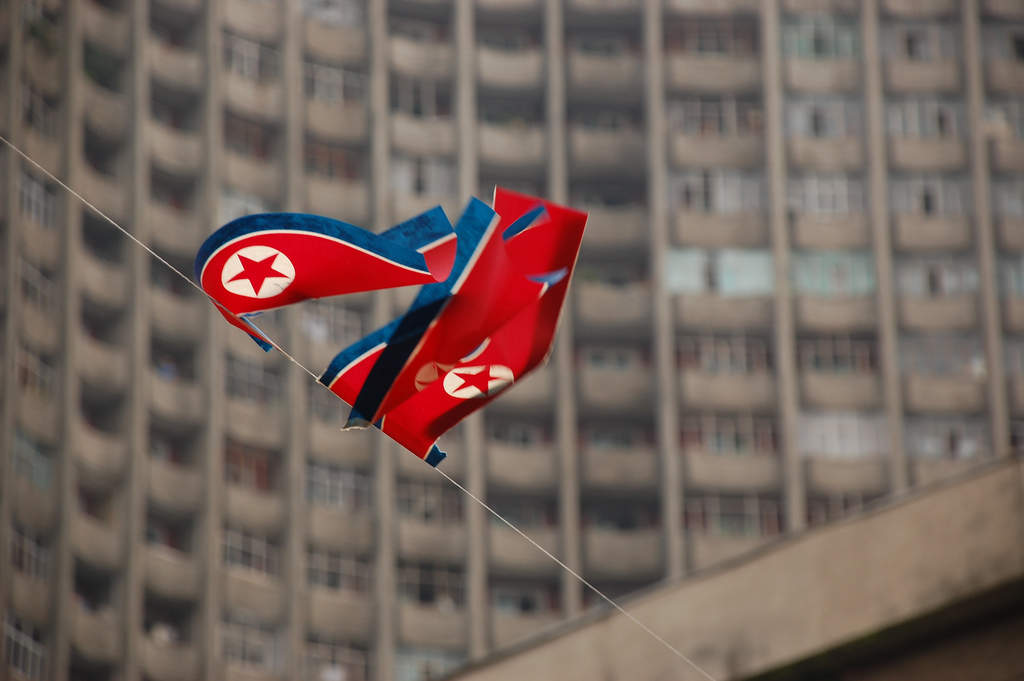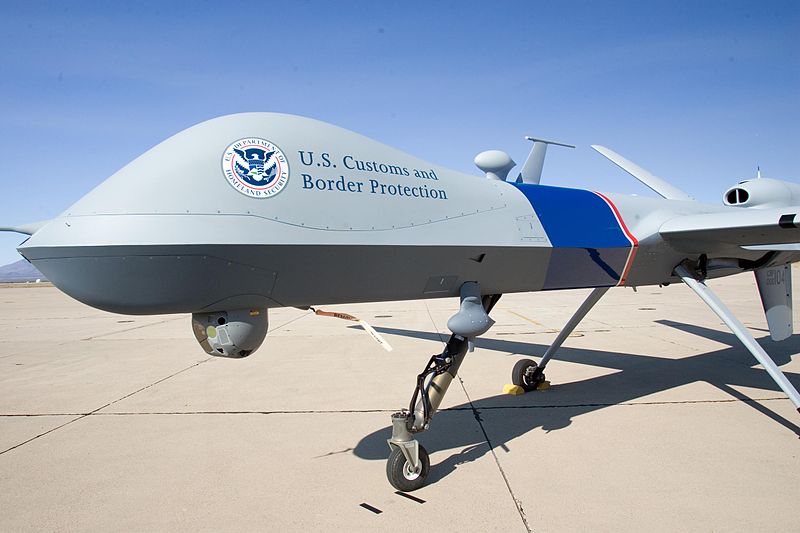Since the death of Hugo Chavez earlier this year, there has been some speculation as to Venezuela’s future as a regional leader, and its relationship with North America. President Nicolas Maduro has endured significant setbacks since his election in March, including substantial economic difficulties, allegations surrounding the legitimacy of his election, major prison overcrowding and violence, and massive power outages. As a strategic ally of Russia, China, and particularly Iran, both Venezuela’s foreign policy and domestic strategy decisions are cause for concern – or at the very least, cause for attention.
The new Venezuelan leader is well known for his unorthodox understanding of causation, having in the past blamed his political opposition for an electricity blackout, America for poisoning Hugo Chavez (or at the very minimum, inventing a difficult-to-cure type of cancer and inflicting it on Chavez), the ‘enemies of the government’ for a refinery explosion last year, and Spiderman for the high levels of violence in his country. Bearing this record in mind, the politics of this state remain a regional and hemispheric issue.
[captionpix align=”left” theme=”elegant” width=”300″ imgsrc=”http://natoassociation.ca/wp-content/uploads/2013/09/nicolas-maduro-venezuela.gif ” captiontext=”Maduro has been criticized for blaming his political opposition for the economic crisis in Venezuela”]
Venezuela has attracted significant media attention of late. Most recently, the Wall Street Journal reported that Venezuela and China have signed two large oil investment deals. This deal arrived in advance of President Maduro’s state visit to China (which attracted coverage as the President was nearly denied flight over US airspace for improperly filing a flight request). At present, China receives about 600,000 barrels of oil from Venezuela per day. China’s state owned oil company commonly known as Sinopec has agreed to develop the Junin 1 field in Venezuela’s Orinoco Oil Belt for an output of about 200,000 barrels of oil per day. This is the latest in a series of rapprochements between the two states. As foreign minister under Chavez, Maduro worked to integrate the economies of China and Venezuela, and it appears that this trend will continue during his presidency. The past few years has seen China loaning Venezuela about US$40 billion, most of which is repaid in oil and other natural resources.
China and Venezuela’s economic integration comes at the cost of decreased US-Venezuela integration. Prior to Maduro’s election, many speculated as to whether the Venezuelan President would work to improve ties with the US, which has proven to be resoundingly untrue. Maduro has continued Chavez’s anti-American stance, blaming the USA in conjunction with Colombia for staging an attempted assassination attempt earlier this year, offering asylum to NSA leaker Edward Snowden, and condemning the USA’s human rights record while withdrawing from the Organization for American States’ two human rights bodies.
Maduro’s anti-American, anti-imperialist revolutionary rhetoric is falling on deaf ears, according to Dan Restrepo, former White House Advisor for Latin America. Restrepo opined that as a regional power, Venezuela’s influence has decreased significantly, evidenced by their resounding defeat to dismantle a hemispheric human rights organization earlier this year. Further, the significant internal setbacks since Maduro’s election had led Restrepo and others to doubt the potential for warming relations with other anti-American powers such as Iran. According to Restrepo, Venezuela faces such significant internal stability issues that a focus on increasing international political ties would be unwise at this stage.
From a North American perspective, American and Canadian interests in Venezuela are clear. The regional ‘War on Drugs’ is failing, and drug-related violence is a significant concern to the US for their Mexican border in particular. Last week, Obama accused Venezuela of ‘failing demonstrably’ to address the drug problem within its borders. On their issue, relations between the two nations have been especially strained since 2005 when Chavez expelled U.S. two drug enforcement agents for spying and attempting to overthrow his revolution.
[captionpix align=”right” theme=”elegant” width=”300″ imgsrc=”http://natoassociation.ca/wp-content/uploads/2013/09/Uribana-prison-Venezuela-008.jpg ” captiontext=”At least sixteen inmates were killed in recent prison violence in western Venezuela”]
As Venezuela’s economy deteriorates, the state is seeking measures to slow the degradation of their currency. Recently, Finance Minister Nelson Merentes announced the state would introduce a new foreign-exchange system to address the devaluation of their currency, the bolivar. The official exchange rate is pegged at 4.3 bolivars per dollar, though black markets are selling bolivars at 44.58 bolivars to the dollar. This, coupled with goods scarcities, is spurring the state to action. The National Guard has recently taken control of a paper goods manufacturer to verify production and distribution as goods such as toilet paper become more difficult to access. Blame for the economic decline has been placed with the administration by observers; Barclays Plc (a British multinational banking and financial services company) stated to clients on Sept. 13 that “government mismanagement of the exchange policy in recent months has seriously dented the authorities’ credibility, making it more difficult for them to stabilize the currency”.
Things are looking bleak at present for Venezuela. As the administration deals with pressing issues like goods shortages and economic devaluation, it is unlikely that Maduro will seek to increase political partnerships with American foes such as Iran at this stage, though they have continued to be clear on their stance vis-à-vis the USA. Following the near-denial of a flight across US airspace to President Maduro, Venezuelan Petroleum Minister Rafael Ramirez took to Twitter to express himself: “Go to hell Yankee shits. We’re free. The rest doesn’t matter!” Inflammatory remarks aside, this anti-American hostility gives rise to a continued need to be cognizant of Venezuelan movements in the coming months.




